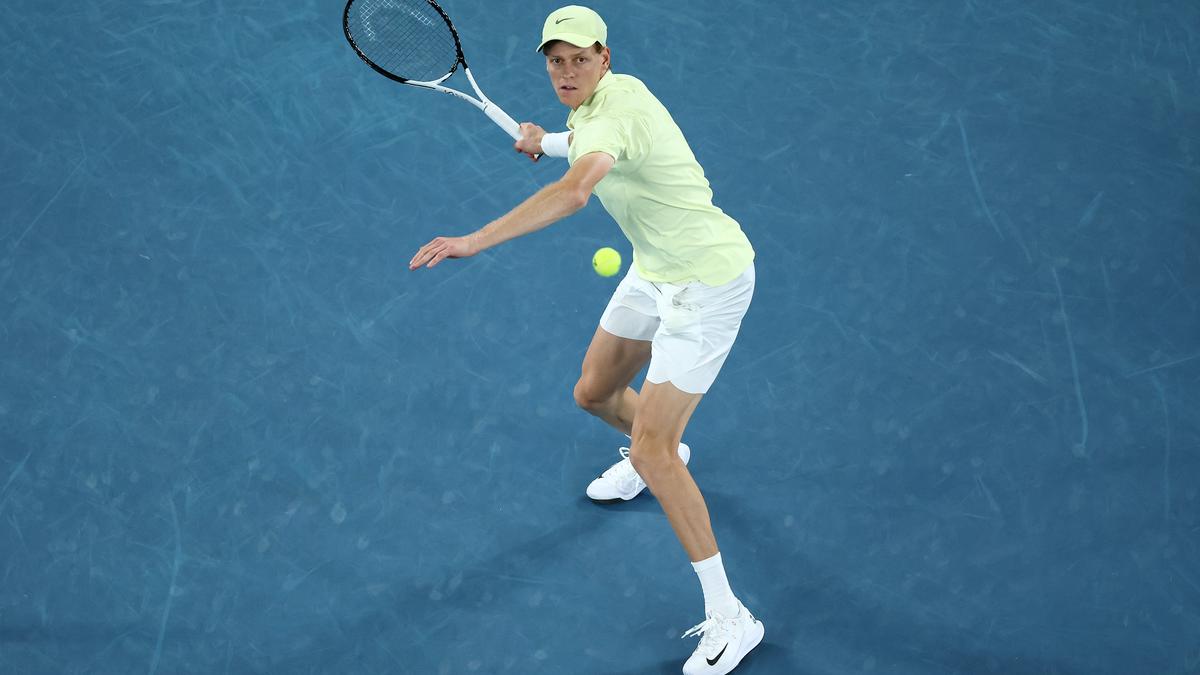
‘Crime’ and ‘punishment’: what the Jannik Sinner saga tells us about tennis, doping and inequality Premium
The Hindu
Tennis doping controversies spark debate on fairness, transparency, and privilege in the sport, raising questions about WADA's role.
On February 15, in the immediate aftermath of the announcement of a case resolution agreement between World Anti-Doping Agency (WADA) and World No. 1 Jannik Sinner that resulted in the latter being banned for three months for two positive tests in March 2024 for the substance clostebol, three-time Major champion Stan Wawrinka put out a blunt statement on social media platform X: “I don’t believe in a clean sport anymore…”
Spaniard Feliciano Lopez, who peaked in singles at No. 12 and is currently the tournament director of the Mutua Madrid Masters 1000, chimed in. “I do Stan,” he said. “It’s very clear he hasn’t done anything to enhance his performance, that’s proven. He’s taking full responsibility for others’ mistake and [serving] three months suspension consequently. Longer suspension would’ve made the sport cleaner? I don’t think so.”
The split between Wawrinka and Lopez was emblematic of the chasm that has developed in the world of tennis over the matter. At the heart of the debate is the perceived opaqueness and favouritism that many players, 24-time Slam champion Novak Djokovic included, feel the issue reeks of.
What has annoyed the rank and file of the sport is the fact that Sinner’s positive test was not made public until his exoneration in August 2024 by an independent tribunal; that he was allowed to play through this period except for a sum total of six days when he was provisionally suspended, and that WADA, after appealing the verdict and asking for a one-to-two-year ban, settled for just three months.
It has also not helped that women’s World No. 2 and five-time Major winner Iga Swiatek was handed a one-month expulsion in November 2024 for a doping offence. Tennis couldn’t remember the last time two of its biggest stars got entangled in drug-related matters at nearly the same time.
Juxtaposed against former World No. 1 Simona Halep’s travails — provisionally out in Oct. 2022, banned for four years in Sept. 2023, the Court of Arbitration for Sport (CAS) reducing it to nine months in March 2024 and her retirement earlier this year — it seemed Sinner and Swiatek had walked away lightly.
The timing of their sanctions has been deemed “convenient”, for Sinner will not miss a single Major. Swiatek missed three events — two WTA 1000s and one 500 — while being provisionally ineligible, but none as big as the WTA Finals and the Billie Jean King Cup Finals that followed.













